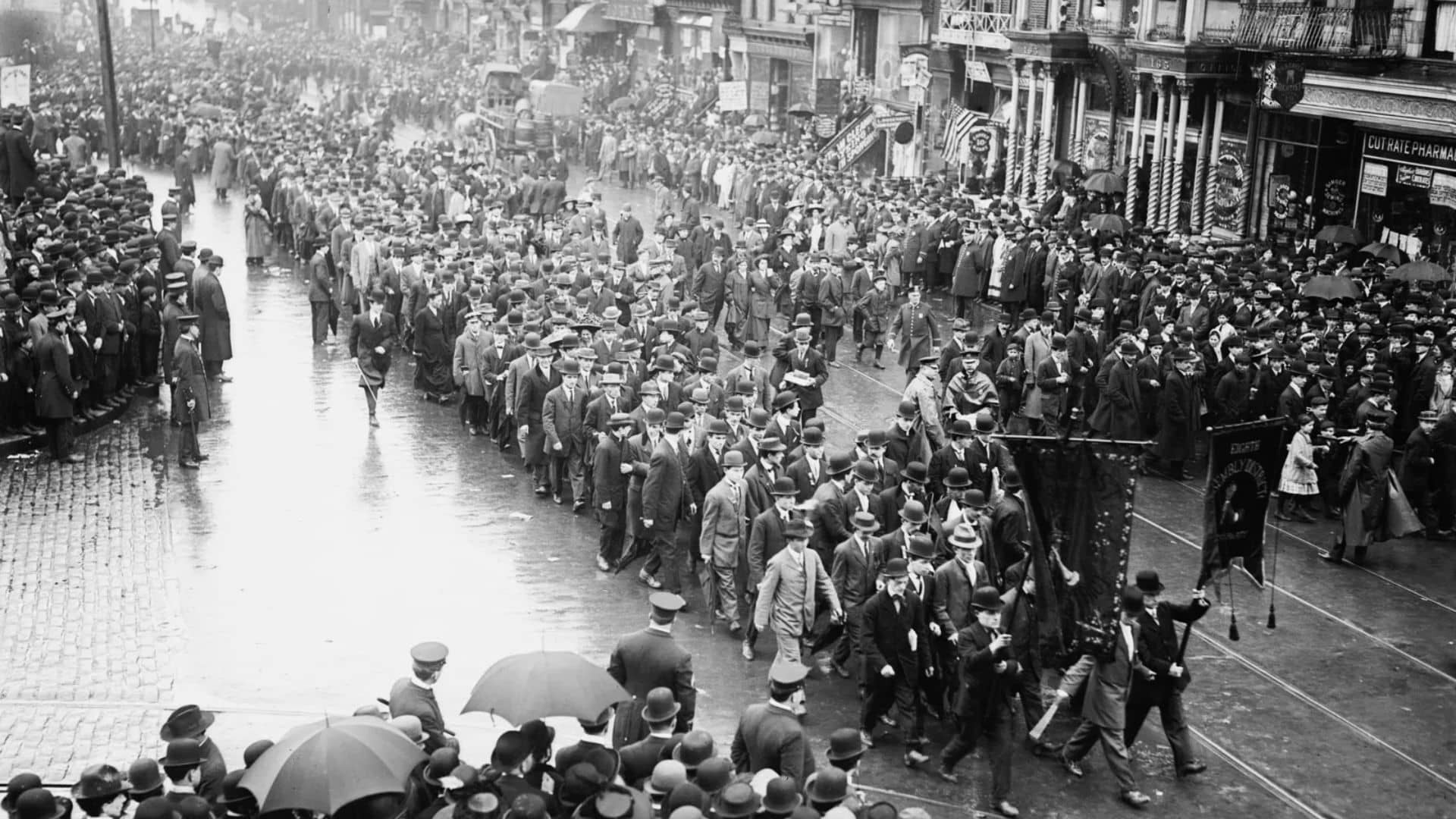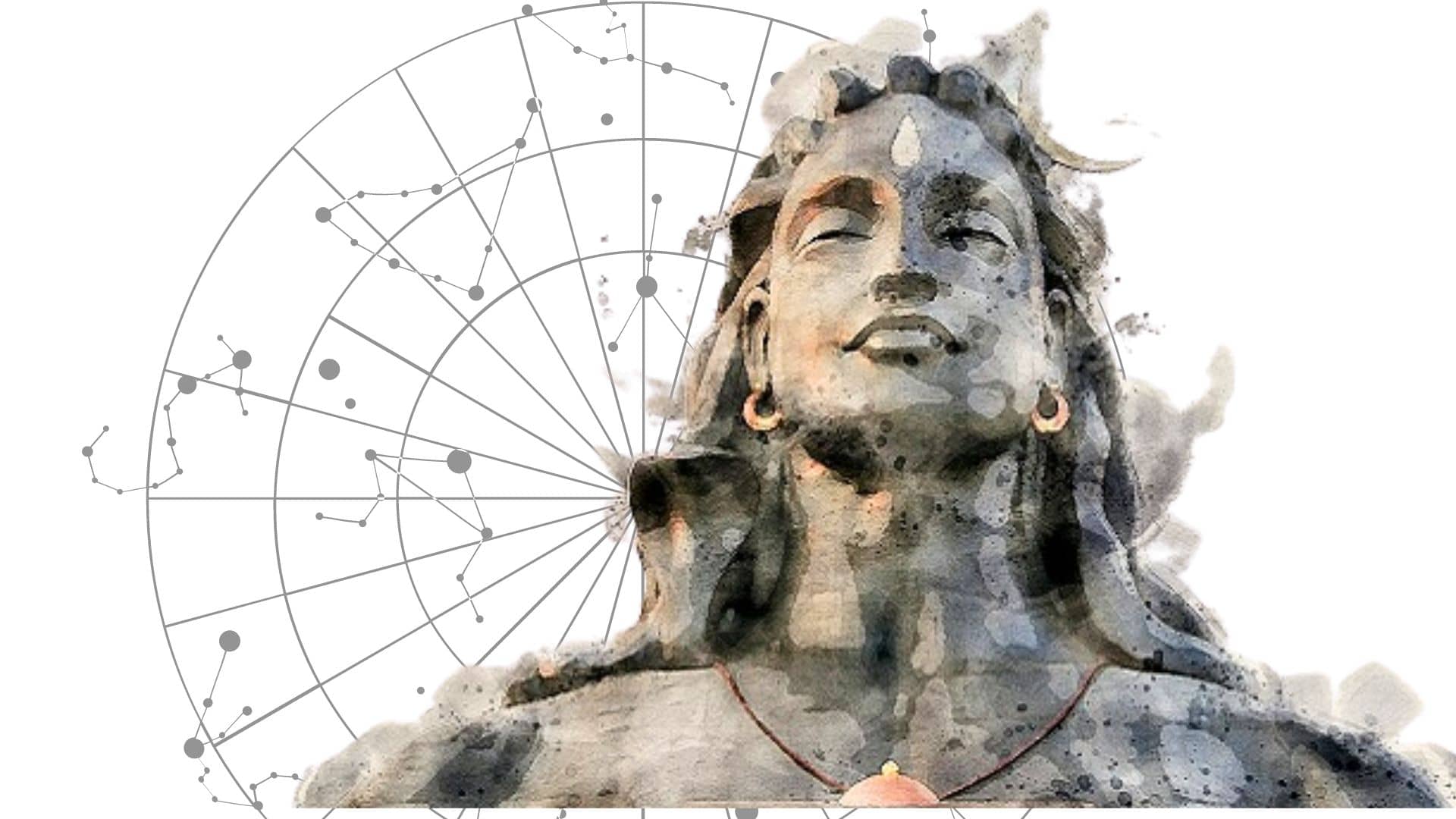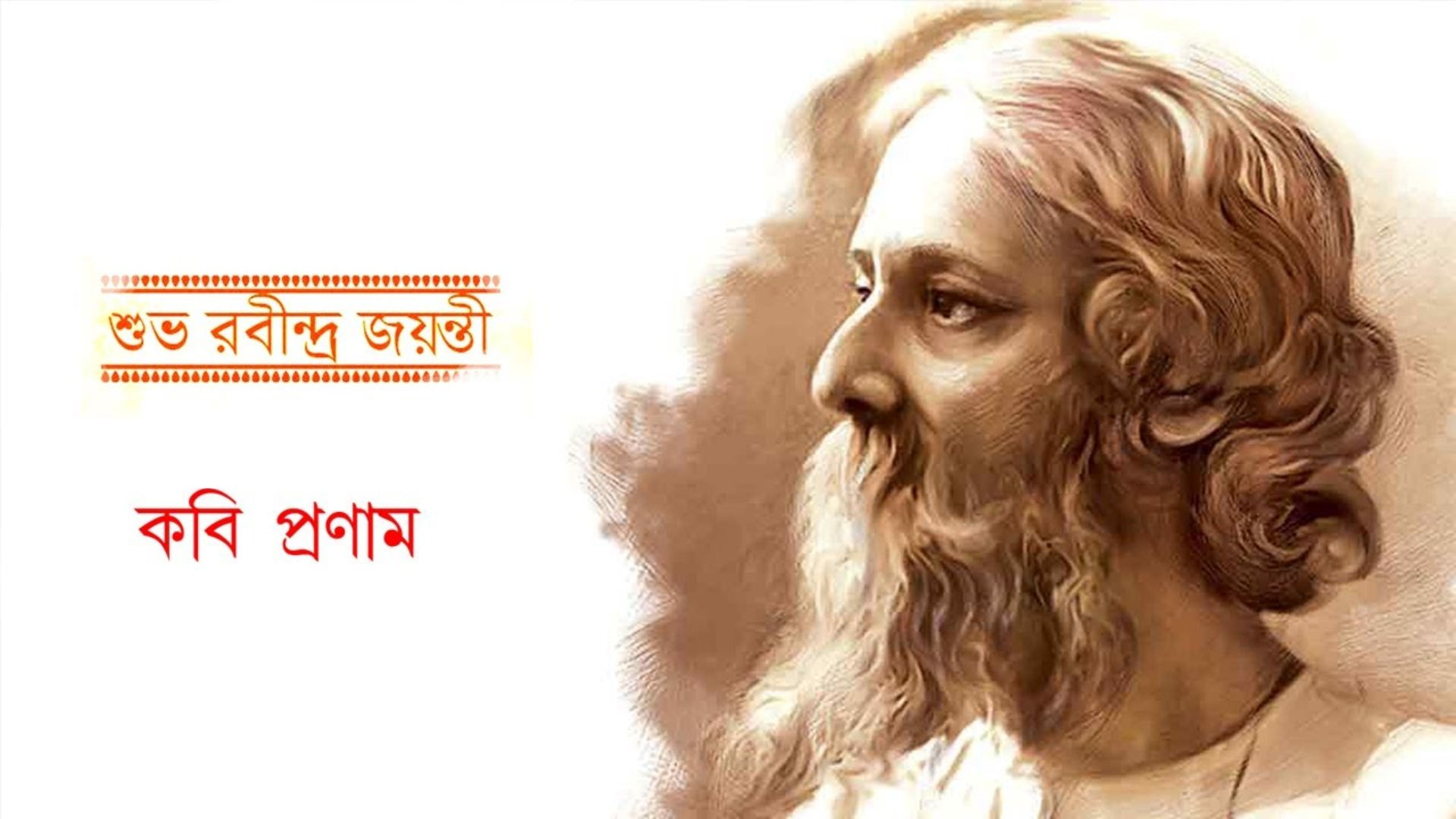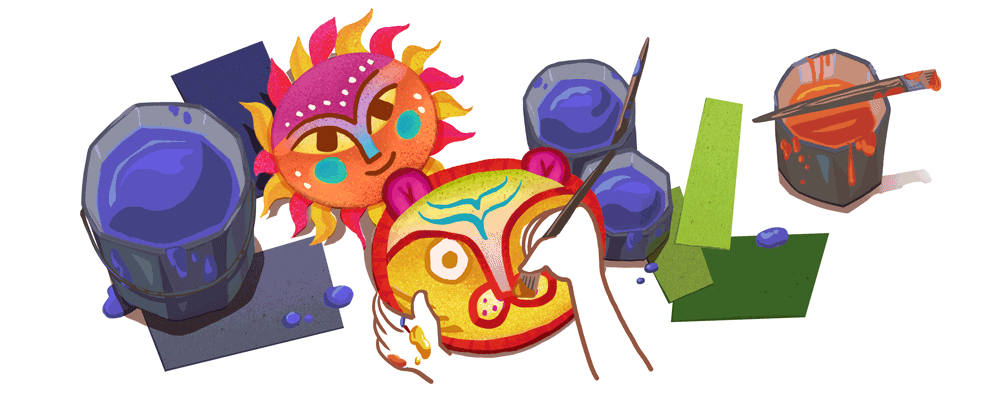
Pohela Boishakh is one of the auspicious days for Bengalis, irrespective of religious boundaries and nations in the world. Just like English New Year, we Bengalis celebrate and welcome Pohela Boishakh with full grace, glitter, and devotion every year. Not only the people of West Bengal but also Tripura, Assam, and Bangladesh celebrate this day with colors, festive moods and food, new clothes, sweets, and cultural programs.
As it is sung, Esho hey Boishakh, esho, esho – Written by Biswakabi – the Great Rabindranath Tagore – the Polymath.
(Welcome Oh Boishakh, welcome)
Pohela/Poila Boishakh is the first day of the Bengali New Year, the Nabo Borsho. The day falls on the 1st date of Boishakh (1st Month of a Bengali Year). According to the Gregorian calendar, the day falls on the 14th or 15th of April, the fourth month of the English year. With the celebration of the day, Bengali people start a new journey of life with new hope, resolutions, planning, and fresh mind each year.
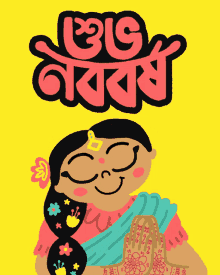 Origin & Significance of Pohela Boishakh in Bengali Culture
Origin & Significance of Pohela Boishakh in Bengali Culture
There is a conflict with the origin of Pohela Baishakh. Different facts are there to claim the origin of this auspicious day. While a few people say, in the 7th century the celebration of Pohela Boishakh was initiated by King Shoshangkho, others believe, it was started under the rule of Mughal Emperor Akbar.
- Mughal Theory for Commencement of Pohela Boishakh
During Mughal dominion, taxes were accumulated according to the Islamic Hijri calendar. Though there was a problem for the people of the Bengal region as crops seemed not ready for harvesting by that time and they could not pay taxes on time. The reason why Emperor Akbar advised to form of a new calendar for Bengali people counting on the right crop harvesting time so that they could pay taxes on time. from here the concept and the celebration of Pohela Boishakh, the day of harvesting crops in Bengal were started.
- Vikramaditya Theory on the Origin of Pohela Boishakh
Though, in some rural parts of Bengal, it is believed that the Bengali calendar came into existence before King Akbar. Bangabda or Bangla year, the term was found in Shiva temples in older years than the Akbar era. A few also believed that the origin of the Bengali calendar was associated with Vikramaditya or Bikromaditto era and it was dated back to 593 CE.
We can say, whatever the origin of Pohela Boishakh was; we Bengalis have been celebrating this day with pride and lots of joy for eras and we will do the same in the coming years.
Pohela Boishakh Date and Time
In 2023, Pohela Boishakh will be celebrated on 15th April, Saturday. With the celebration, the Bengali Nobo Borsho 1430 will begin.
Pohela Boishakh – A Rich Cultural Voyage for People of Bengal
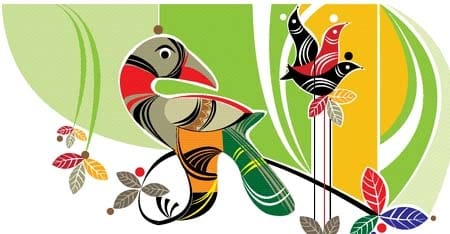
Pohela Boishakh is not anymore only a day for harvesting new crops. The people of Bengal love to celebrate this day for its rich cultural values. From tradition to business editions, cultural events to festive fairs, and social gatherings to family reunions – Bengalis celebrate this day from a different perspective.
Let us have a glimpse of the traditional and cultural events observed on this day each year.
1. Religious Visits: There are many homes and temples in Bengal where the day, Pohela Boishakh sets off with Ganesh-Lakshmi, Radha –Krishna, and Shakti puja. People take baths early in the morning, wear new clothes, and do worship God and Goddess to fulfill their wishes and prayers. You can see a huge crowd of devotees from temple to temple in West Bengal this day from early morning. Temples of Dakhineswar, Belur, Adyapith, Kalighat, and Thanthaniya Kali temple, – become the main places to visit for devotees to start the Nabo Borsho with pious feeling and prayer.
2. Prabhat Pheri: People arrange morning processions with kids and adults accompanied by songs, dance performances, and recitations to welcome the Bengali New Year. A few also play with color (Abir) to hue the procession with grace and enjoyment.
3. Haal Khata: Poila/Pohela Boishakh is considered a beginning of a new fiscal year for traders, shopkeepers, and businessmen irrespective of niches in Bengal. Thus, they arrange Haal Khata (a ceremony to felicitate existing customers and tie up with new customers by offering boxes of sweets, Bengali Calendars, and other gifts) to expand their business to a new height.
4. Boishakhi Fairs: In many places in West Bengal, Bangladesh, Tripura, and Assam fairs get arranged by clubs, cultural associations, and governing bodies. People of different age groups visit such fairs, taste foods, shop for traditional clothes, handcraft items, home decor, toys for kids, imitation jewelry, and many more on the verge of New Year.
5. Cultural Events: People arrange cultural shows in clubs, educational institutes, and workplaces to celebrate this day with songs, music, recitation, dance, drama, and more.
We, Bengalis never forget to add delicious delicacies to our events and Pohela Boishakh is no exception. From sweets to savories, traditional dishes to fusion cuisines – we cook, buy and taste everything on the day of Bengali Nabo Barsho. We enjoy the day to the fullest and we wish the same for you.
Before we leave, We want to say,
From the team of Curious Kasturi, we wish you all a special SUBHO NABO BARSHO.

